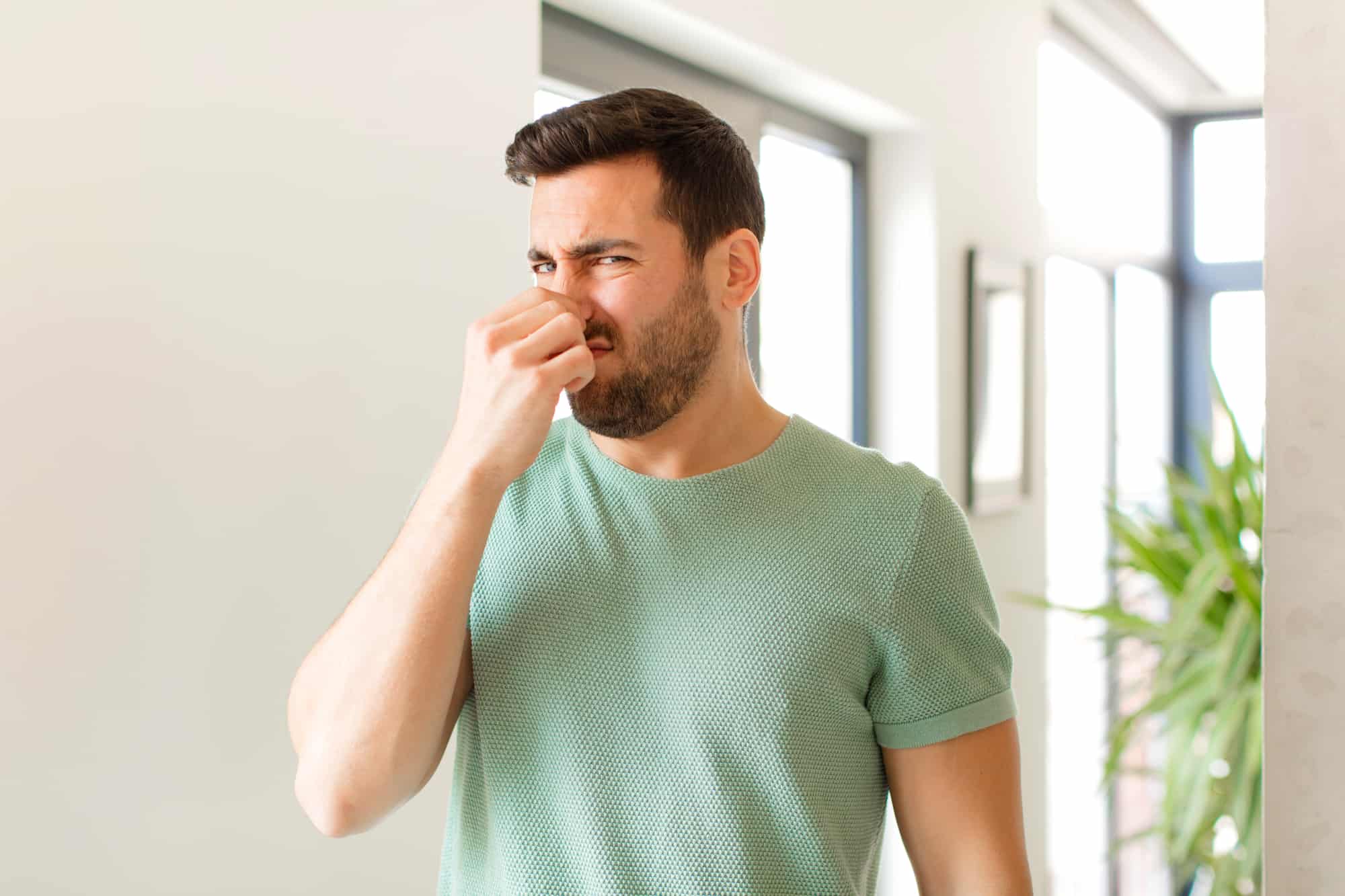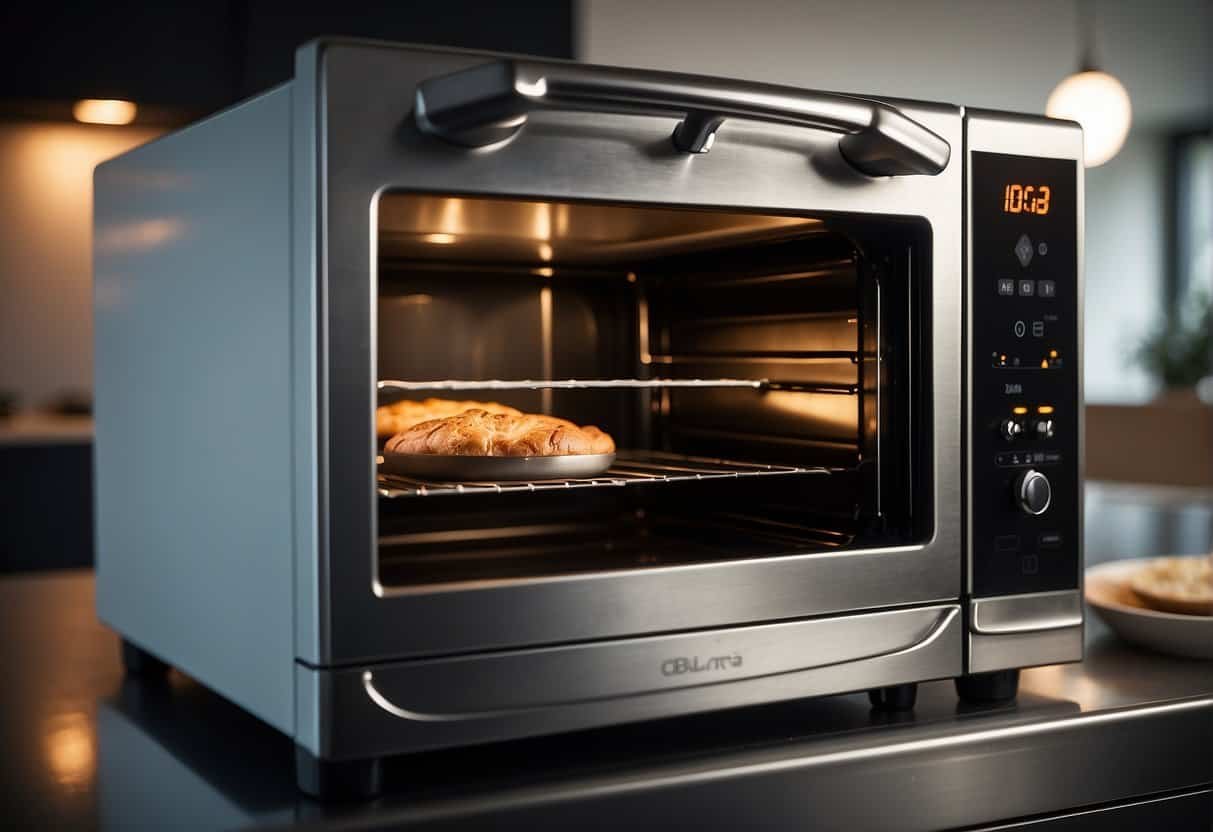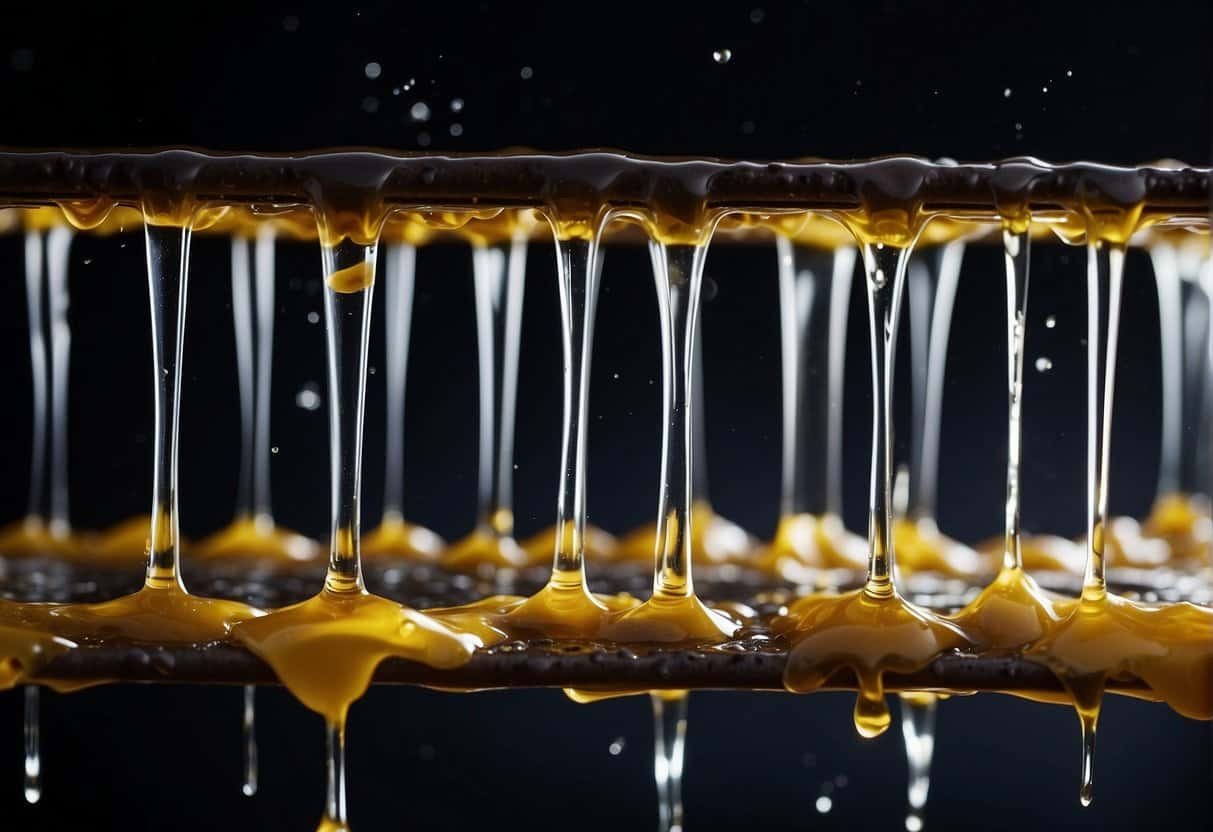Table of Contents
Discovering a burning rubber smell in your home can be unsettling. It usually indicates something is amiss that may impact indoor air quality and could potentially be toxic.
When you detect this pungent odor, it is essential to identify the source promptly, as it can be a sign of various issues ranging from minor inconveniences to significant hazards.
Commonly, this smell can arise from overheated appliances, electrical malfunctions, or issues within your heating system. It’s crucial to address these smells not only to maintain a pleasant living environment but also to ensure the safety and well-being of all occupants.

Addressing a burnt rubber or burning plastic smell in your home involves a step-by-step approach to identify and resolve the root cause. My experience suggests that the culprits are often related to electrical systems or mechanical devices where components can overheat and produce such odors.
Whether it’s a worn belt in a household appliance, overheating electrical wiring, or a malfunctioning HVAC unit, these issues share the common thread of requiring immediate attention.
Ignoring these signs not only compromises the air quality but may also escalate to more severe problems, including the risk of fire. Therefore, recognizing and promptly rectifying the source of a rubbery stench is not just about comfort; it’s about safety.
Identifying the Source of the Smell
When a burning rubber smell is detected in the home, it is crucial to accurately pinpoint the origin to address the underlying issue effectively and ensure safety.
Appliances and Electrical Issues
Appliances: Common household appliances like the vacuum, refrigerator, washing machine, and toaster oven can emit a burning rubber smell when they are overheated. It’s essential to check these appliances for any signs of malfunction, such as unusual noise or heat.
Electrical Issues: The smell may also indicate electrical problems within the home. Over time, the protective coating on the wiring can deteriorate, leading to faulty wiring which can overheat.
If you notice persistent burning smells, especially around outlets or your circuit breaker, it is prudent to contact an electrician to address the issue as it might signal an impending electrical fire.
HVAC and Heating Systems
HVAC System: Your home’s HVAC system, including the heater and other heating system components, may produce a burning rubber scent if there’s a malfunction.
Check the heat exchanger, furnace components, heat registers, vents, and ductwork, and ensure that air filters and air ducts are clean — a blocked blower motor can also be a culprit.
Any irregularity might necessitate an inspection by a professional, as explained in the insights provided by Home Inspection Insider.
Household Odors and Gases
Combustion Gases: A smell akin to burning rubber or burning plastic might imply the presence of dangerous volatile organic compounds (VOCs) or even carbon monoxide.
Leaks and Mold: Other contributors might include a gas leak, which typically emits a rotten egg smell, or the presence of mold, which is often described as a musty smell.
While a sewage smell in your home usually has different root causes, any out-of-place odor should be investigated immediately to prevent potential health hazards.
Health and Safety Concerns
When a burning rubber smell permeates a house, it’s essential to consider the immediate health risks and the potential for fire hazards.
Toxic Exposure and Risks
Potential hazards of a rubber smell in the house can stem from the release of toxic chemicals into the air. These substances may have acute effects and, with prolonged exposure, could increase the risk of cancer or other health issues.
For instance, if the burning smell emanates from a malfunctioning fireplace or electronic device, it could indicate the presence of toxic fumes such as polycyclic aromatic hydrocarbons (PAHs) or volatile organic compounds (VOCs).
Air Quality and Ventilation
Indoor air quality is significantly impacted by the presence of strong odors and potential toxic fumes. I advise utilizing exhaust fans and ensuring proper ventilation throughout the home to disperse the smell and reduce health risks.
Avoid masking the odor with air fresheners as these can add to indoor pollution. Instead, opt for air purifiers with activated charcoal filters or a dehumidifier to help absorb pollutants and improve overall air quality.
Maintenance and Prevention

Preventative care and regular maintenance of home appliances and systems are critical in averting the occurrence of unpleasant odors such as the burning rubber smell.
Proper upkeep minimizes the risk of malfunctions that can lead to such issues. Let me guide you through some specifics to ensure your home remains free from such concerning smells.
Regular Maintenance of Appliances
It is important to regularly maintain appliances, especially those that involve heat such as dishwashers, dryers, and water heaters. For kitchen appliances, clean filters and check heating elements for any wear.
For instance, the lint trap on your dryer should be cleaned out after every use, and quarterly checks should be made for any build-up within the vent hose. If you own an oil furnace, annual inspections by a qualified technician can help prevent overheating and associated burning smells.
Electrical System and Heating Safeguards
For your electrical system, keep an eye out for signs of overloaded circuits, such as flickering lights or frequently tripped breakers.
These could be indicative of underlying electrical problems that might cause a burning rubber smell due to melting insulation or wire sheathings. Additionally, maintaining your heating and cooling systems is crucial.
I always suggest hiring an HVAC technician for an annual service to clean and inspect all components thoroughly. This upkeep ensures that the systems remain efficient and more importantly, safe from hazards that can lead to odors.
Household Cleaning and Care
Effective household cleaning can play a significant role in odor prevention. Utilize a mixture of baking soda, white vinegar, and a bit of bleach for safe and effective cleaning solutions on various surfaces.
Regular vacuuming of furniture, carpets, curtains, upholstery, and rugs helps remove dust and potential odor-causing particles.
Also, don’t forget air ducts, as they can harbor dust and debris that may result in a burning smell when the HVAC system is running. For added freshness, consider using a deodorizer specifically designed for fabrics. Remember, a clean home is less likely to have issues with unpleasant odors.
Odor Elimination Strategies

When it comes to eliminating unpleasant rubber smells in the home, homeowners can take several effective steps. I’ll guide you through using natural agents, enhancing ventilation, and specific cleaning practices to keep your indoor air fresh.
Natural Deodorizing Agents
My recommendation is to first turn to natural deodorizers; these are safe and eco-friendly options. Baking soda is a powerful absorbent that neutralizes odors, perfect for sprinkling on carpets and upholstery before vacuuming.
Similarly, white vinegar — used in a spray or bowl — can help with odorous air ducts and lingering smells on curtains and furniture. Don’t overlook activated charcoal; placing it around the home, acts as a magnet for bad smells, effectively trapping them.
Improving Home Ventilation
Proper ventilation is key to whisking away odors. Ensure the use of exhaust fans in kitchens and bathrooms to tackle high humidity and odors at the source.
Implementing a dehumidifier can also reduce moisture levels, curbing the growth of mold and mildew which often contribute to unpleasant smells. Regularly open windows to allow fresh air to circulate and remove stagnant, smelly air.
Cleaning Tips for Homeowners
For a thorough odor removal, focus on cleaning areas where smells linger. Frequently vacuuming rugs and carpets can remove the particles and pollutants that carry odors.
Cleaning furniture and upholstery with appropriate products can eliminate surface odors, and washing curtains helps rejuvenate the room. Also, address hidden smell sources by checking for and cleaning any mold and mildew, especially in damp areas of the house, to prevent odor build-up.
When to Seek Professional Help

When you detect unusual odors in your home, such as a burning rubber smell, it is crucial to act quickly to protect your safety and prevent damage to your property. Certain smells can be indicators of serious issues requiring immediate attention from professionals.
Electrical Concerns
If you notice the scent of burning rubber and suspect it’s coming from your electrical system, this could be a sign of overheating wires or insulation. Electrical problems often manifest as a burnt rubber or plastic odor and pose significant risks, including the potential for an electrical fire.
It’s important to shut off power to the affected area and contact a licensed electrician immediately to investigate and resolve the issue.
HVAC and Appliance Malfunctions
Heating and cooling systems, as well as other household appliances, can malfunction and emit a burning rubber smell. This could be due to worn-out parts, such as belts in an HVAC system, or electrical components within appliances overheating.
Should you encounter such odors, promptly turning off the device and reaching out to a certified HVAC technician can help avert further damage, including potential fires.
Persistent and Unidentifiable Odors
Sometimes, the cause of an odor might not be immediately clear. If a musty, rotten egg or burnt rubber smell lingers without a discernible source, it’s advisable to seek assistance. Persistent odors can indicate hidden problems that may be toxic, such as a gas leak.
Professional odor investigation and removal experts have the tools and expertise to identify the root cause and implement solutions to ensure the air quality in your home is safe.










